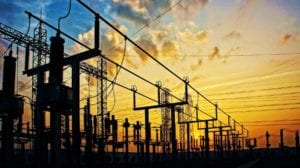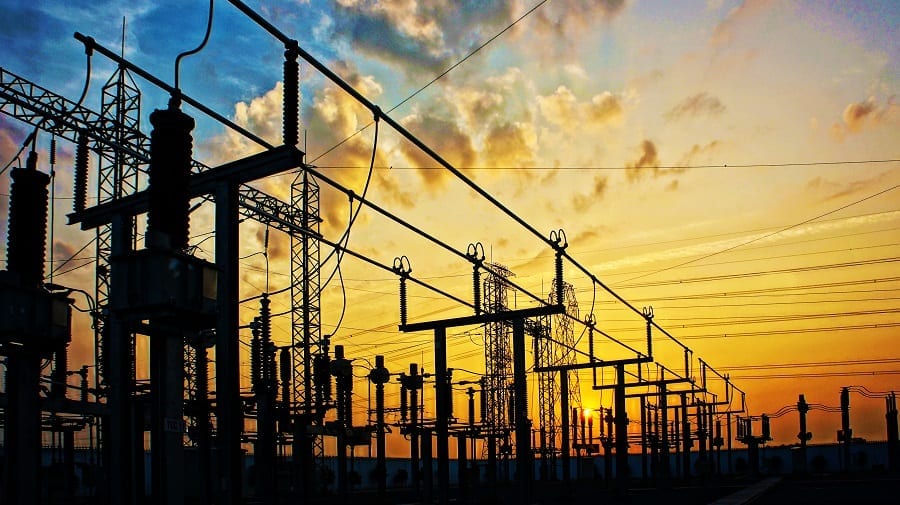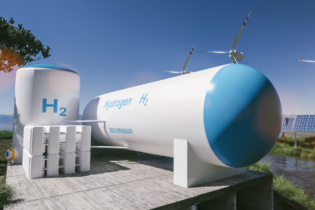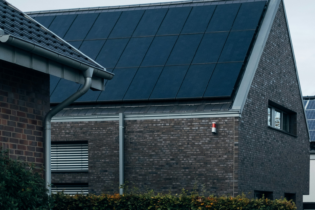“These solutions are cost-effective as the costs that are invested in the general infrastructure of generation projects are eliminated in smaller scale solutions,” De Buys said.
Energy security remains elusive on the African continent and is one of the biggest challenges engulfing the utility sector, according to KPMG experts.
The International Energy Agency (IEA) estimates that two out of three people in sub-Saharan Africa do not have access to electricity. This equates to 620 million people on the continent without electricity, and for those that have, the supply is unreliable and very expensive compared to world standards.
At Africa Utility Week which will take place in Cape Town in May, KPMG said it will take up diamond sponsorship in an effort to ensure ‘future proofing’. This entails preparing for both the foreseeable and unforeseeable forces that are fundamentally changing the power and utilities industry.
KPMG chairman Ahmed Jaffer said that there is an emerging trend in the utilities sector. “Utility-scale developments are decreasing, while we see a lot more of community-sized generation projects,” he said. “Businesses and communities are also showing interest in becoming less dependent on the national grids.”
Jaffer explained that in rural Africa, especially, the economics of expanding the national grids do not make sense, hence there is a significant trend towards mini-grids and other off-grid solutions.
Scott De Buys Scott, head of infrastructure advisory at KPMG said that gravitating towards off-grid and smaller solutions in terms of generation projects is a wise solution for the African continent.









